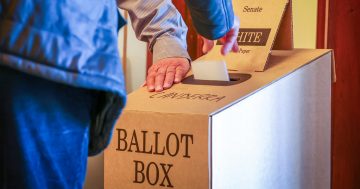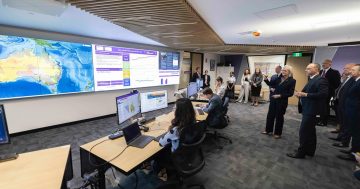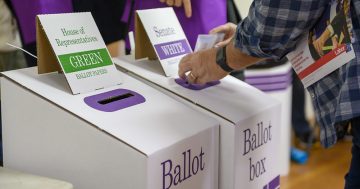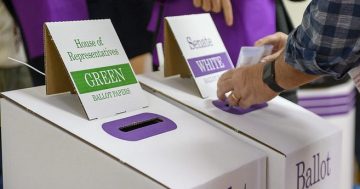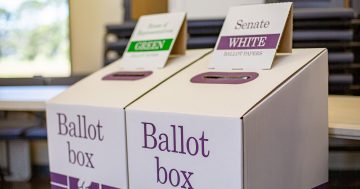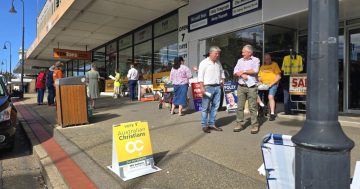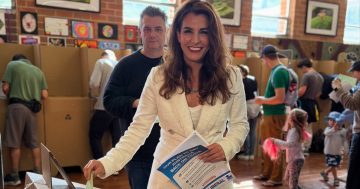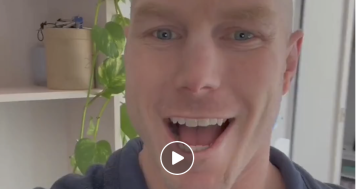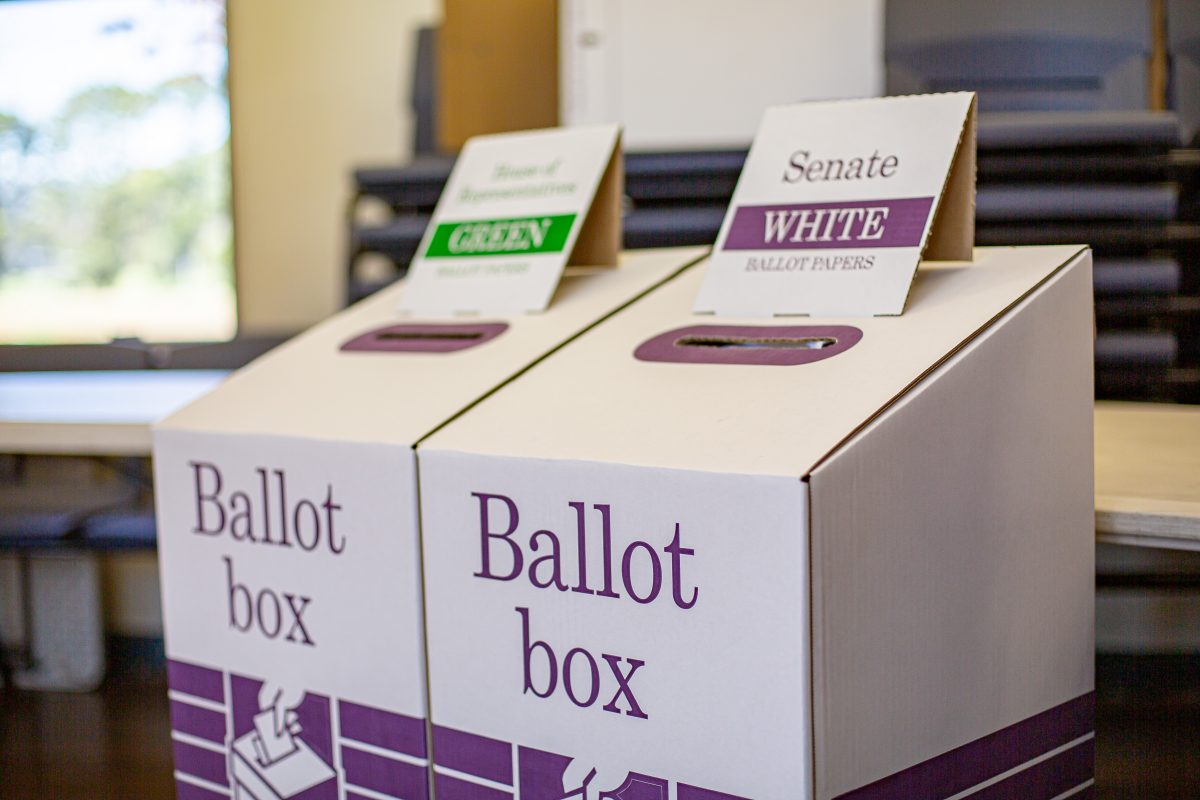
Electoral enrolments are at a record high, according to the latest data from the Australian Electoral Commission (AEC). Photo: AEC.
The Australian Electoral Commission (AEC) is recording record highs in enrolments as the nation prepares for the next federal election.
As it released the latest figures on Tuesday (20 August), the AEC said pre-election enrolment had never been higher.
As at 30 June this year, 97.9 per cent of all eligible Australians are enrolled to vote – higher than the 96.2 per cent leading into the 2022 federal election (as at 30 June 2021).
Enrolment of 96.8 per cent at the last election’s close of rolls was a record high.
An estimated 92.9 per cent of Indigenous Australians are now enrolled to vote, significantly higher than the 79.3 per cent leading into the 2022 federal election.
Another key statistic shows an estimated 90.2 per cent of youth – 18 to 24 years of age – enrolled to vote. This compares to 84.5 per cent leading into the 2022 federal election.
Australian Electoral Commissioner Tom Rogers said the high levels of pre-election enrolment pointed to the likelihood that the 2024/25 federal election would have the highest level of overall, Indigenous and youth enrolment of any federal election in Australia’s history.
“Australia’s enrolment is in great shape. It’s never been better leading into a federal election,” he said.
“I am confident the next federal election will once again break enrolment records. It is likely to be the best base for participation in a federal election since federation.
“What we know for sure is that a greater proportion of young people and Indigenous Australians will be enrolled than ever before for a federal election – and by some margin as well.”
Mr Rogers said he was proud of the team for the hard work and innovation to get such a high integrity and complete electoral roll.
“It is a globally enviable position for Australia’s democracy.”
He said the AEC had worked hard to introduce initiatives to attract such healthy enrolment numbers.
These included allowing Medicare cards to be used as a form of identification and the expansion of direct enrolment processes.
Both initiatives are helping typically under-enrolled cohorts of eligible voters to enrol.
“A relatively flat year-on-year graph may look boring but this is a case of boring being good news,” he said.
“It shows that after recent years of explosive growth, Australia’s estimated enrolment rates are holding steady. Historically, that hasn’t happened.
“While we still have work to do to bring the enrolment of some groups of Australians to parity with the national rate, this year’s numbers demonstrate that the high levels of enrolment between elections is being sustained.”
Youth and Indigenous Australians have historically been under represented on the electoral roll.
Recent increases in these areas have largely been maintained according to the AEC, while the gap to overall enrolment rates remains relatively small.
The release of these statistics comes with the federal election window open.
A standard House of Representatives and half-Senate federal election can be held on any Saturday from now to 17 May 2025, with a minimum of five weeks’ notice from announcement.
The AEC noted slight decreases in enrolment rates in the most recent months. But these rates are much less than what has sometimes previously been experienced at this stage of the federal electoral cycle.
The trendlines predominantly show the continuation of a high status quo achieved after years of significant enrolment growth.
Australia’s national enrolment rate is updated every quarter, but Australia’s Indigenous enrolment rate is estimated as at 30 June every year.
Fluctuation in the enrolment rate is a natural part of Australia’s electoral cycle and reflects natural attrition as well as a broad trend of new voters not enrolling until presented with a deadline.
Voters will have seven days from the writ issued for the next election to enrol or update their enrolment.
In the seven days following the issue of a writ for the 2023 referendum, about 79,000 people were added to the roll. An additional 376,000 voters updated their enrolment details during this period.
Original Article published by Chris Johnson on Riotact.


